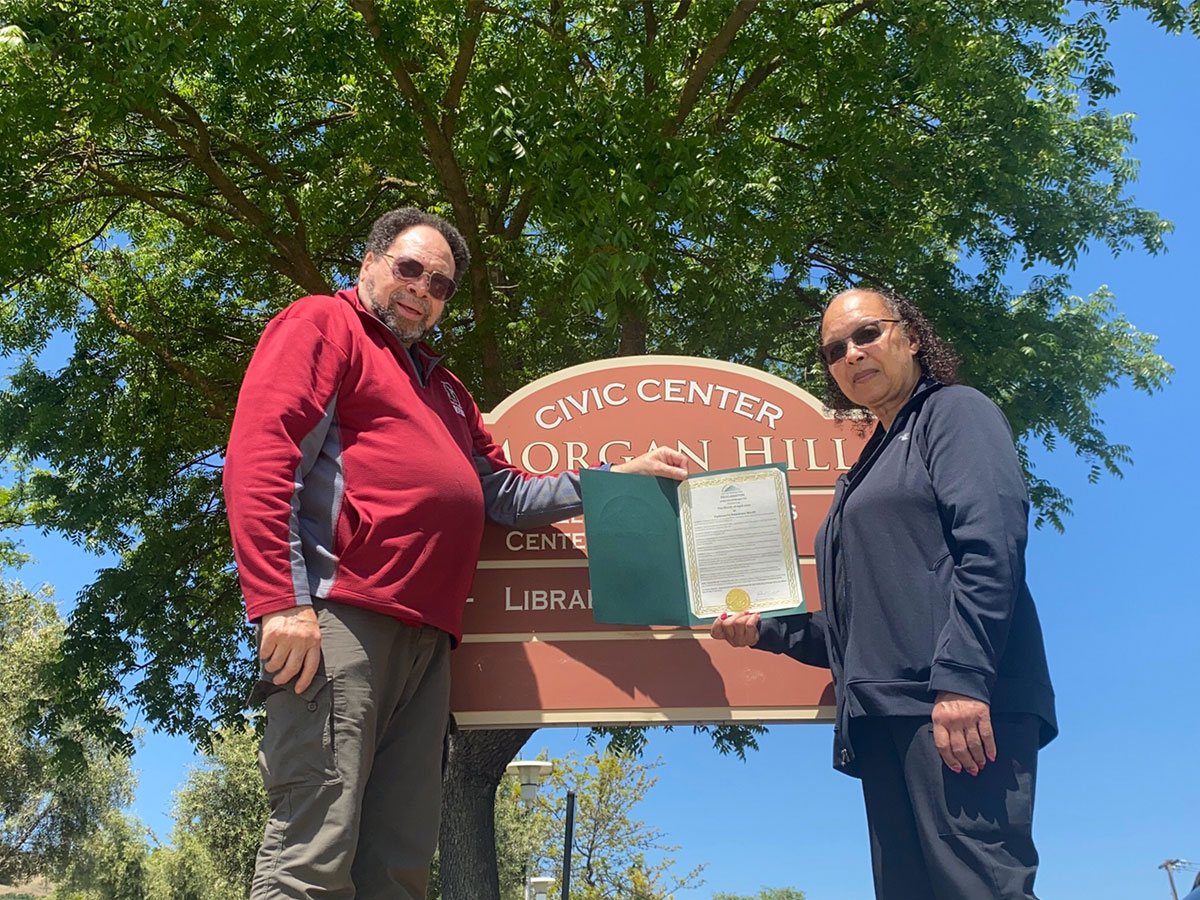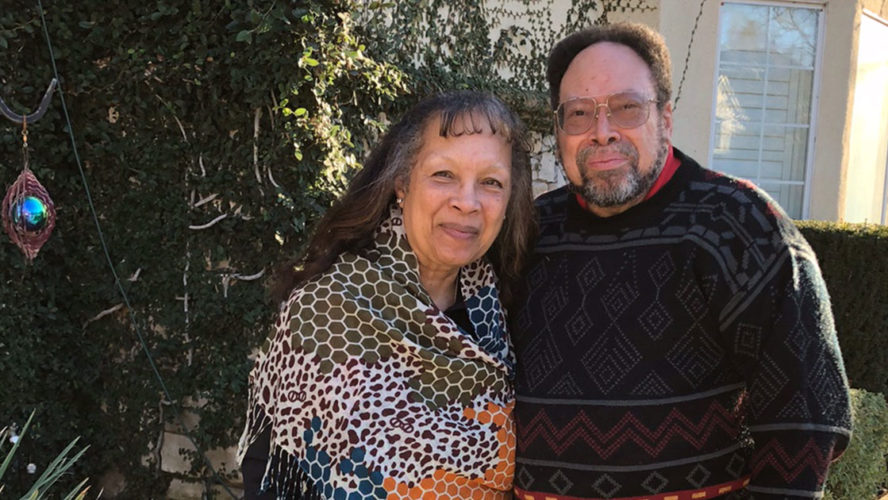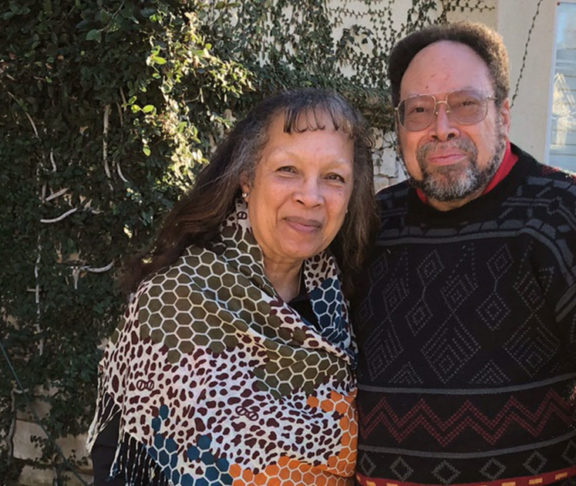When Denise Coley started shaking one Thanksgiving, her family became concerned. What followed was a Parkinson’s disease diagnosis that spurred an empowering journey she’s still on today.
Parkinson’s disease (PD) is a chronic, progressive movement disorder that occurs when nerve cells in the brain don’t make enough dopamine, a chemical that typically helps the body to move easily and with coordination.
Denise Coley, 70 years old and a grandmother of four, was diagnosed in January 2018. She thought her life was over. She had balance issues, trouble walking, stiffness, problems with motor skills, insomnia, and fatigue.
She had a “pity party” for herself but didn’t let the disease, which doesn’t have a cure, keep her down for long. Instead, after a long career in supplier diversity consulting and community outreach, she decided to commit to providing education and support to others with PD.
“I just had to take everything that I had from the past — my education, my resources, my experience giving back — and become an advocate to bring awareness to this disease,” Coley said.
Cultural awareness
“Denise got the diagnosis, but the family got Parkinson’s disease,” explained Denise’s husband, Bernard. “Parkinson’s affects not just the patient, but all those around the patient, and especially the immediate family.”
Denise has resources to manage her disease, as well as the support of her family, but she knows not everyone with PD is as fortunate. She and Bernard are PD health advocates, especially for Black patients and other people of color. They took courses from a learning institute and got empowered as PD patient, caregiver, and now, advocates. They know there are parities in health that people of color experience, including lack of access and lack of cultural awareness.

The Parkinson’s and Movement Disorder Alliance (PMD Alliance) says Black patients have a higher risk of death from PD compared to white patients. A delayed diagnosis is a significant cause of this, with patients often being further along in disease progression. Further, PMD Alliance says more clinical trials need to report their participants’ racial composition, since current data shows that less than 2% are Black.
That’s why the Coleys, who have been married for 46 years, spent two years compiling, “The PD Movers, We Keep Moving: Living and Thriving with Parkinson’s Disease in our Black and African American Communities,” a culturally sensitive e-book for outreach to the Black community. They say the community needs to get engaged about PD, and stories in the e-book highlight the challenges and opportunities someone with the condition faces.
Clinical research
Denise, who’s participated in many clinical trials, wants to live her best life. For her, it means being able to pick up her grandchildren. She does rocksteady boxing, which helps improve her balance and other symptoms.
The couple wants clinical trials to recruit more people of diverse backgrounds, and to get people of diverse backgrounds to help design the studies as well.
“We are one diverse patient away from solutions to various medical conditions that are out there in the world,” said Bernard.
Next, the Coleys are doing a Black learning initiative with community outreach and engagement. They are sharing stories of people with Parkinson’s disease to help engage the community. They say without engaging and addressing culture, it will be difficult to recruit people from the community to participate in clinical trials.
Their work is having an impact: “We’re putting a pebble in the water, and all those concentric circles are getting more and more people involved and educated,” says Denise.



